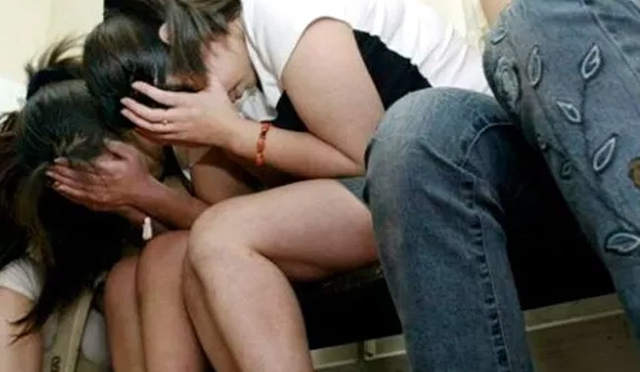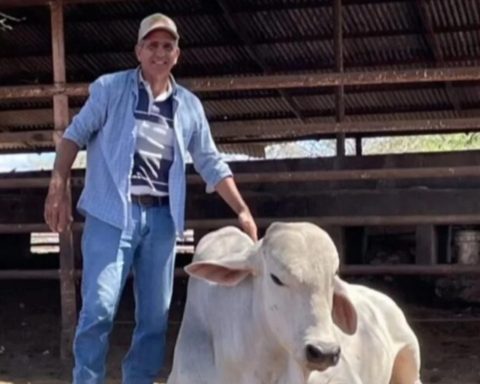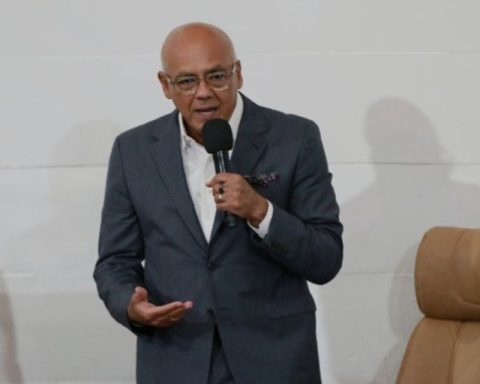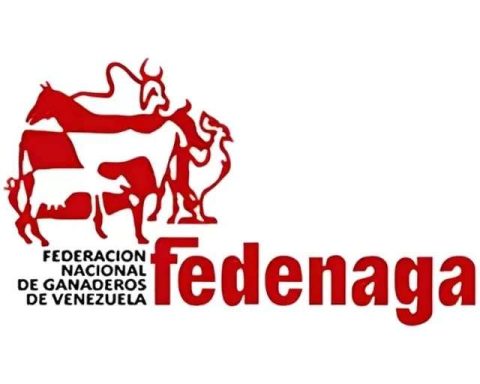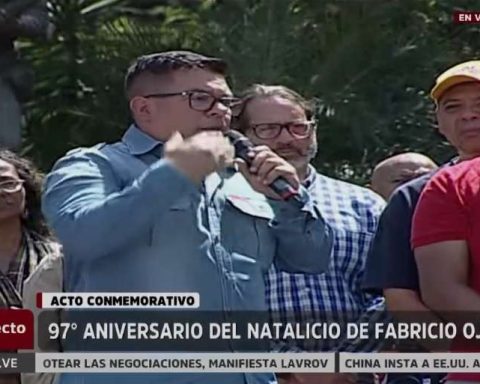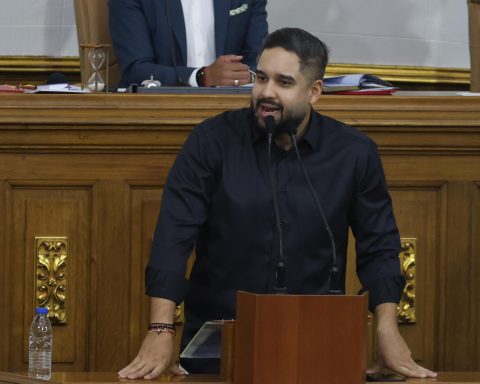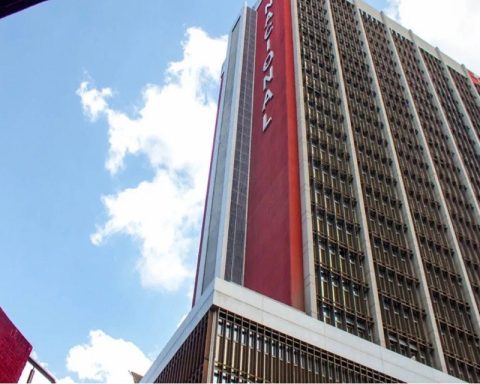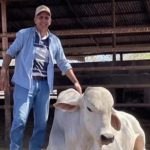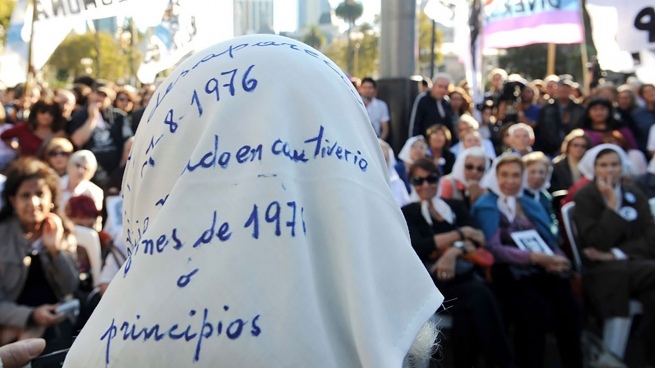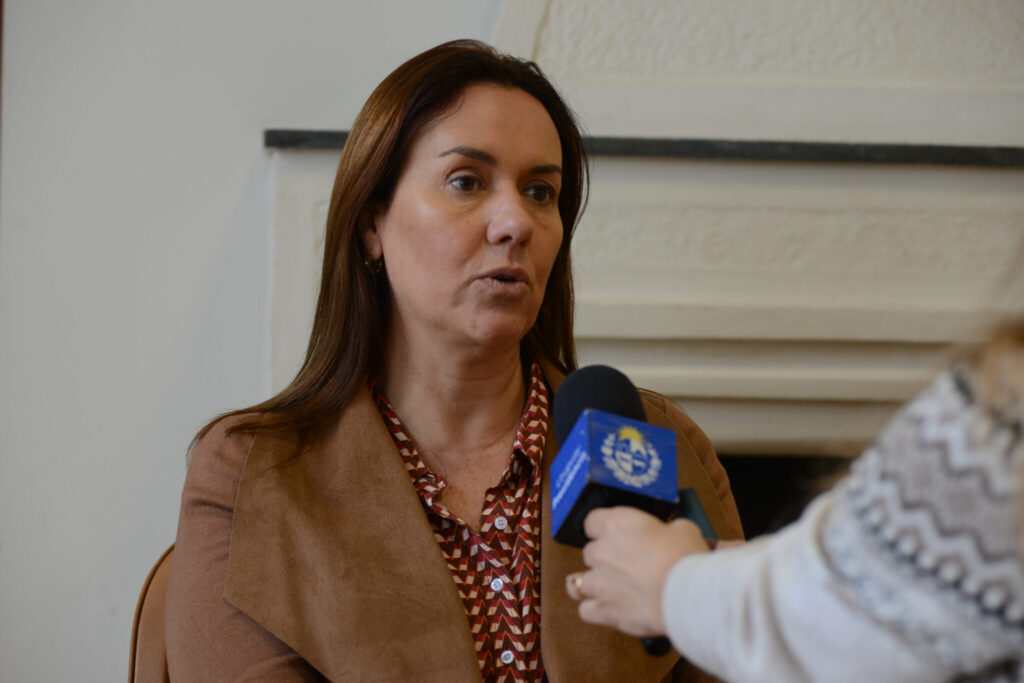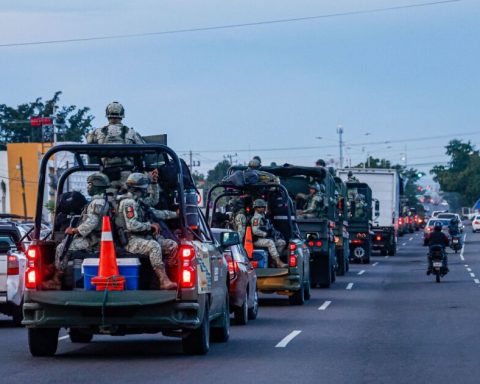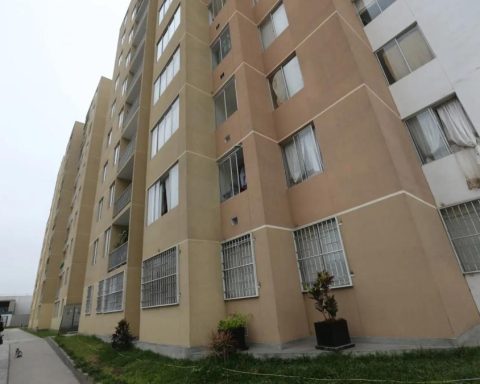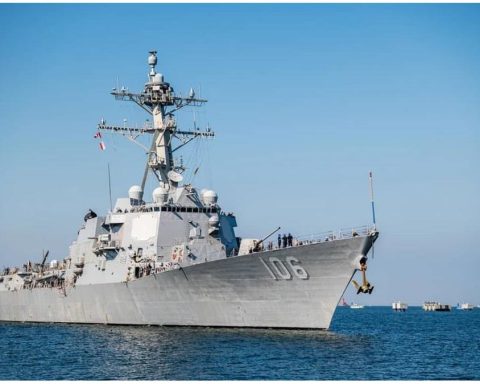The Public Ministry of the Dominican Republic reported that it dismantled a net dedicated to the sexual exploitation of South American women, specifically Colombian and Venezuelan, which operated in the National District, capital of Santo Domingo and in the Bávaro area in Punta Cana.
A Press release of the Attorney General’s Office of the Dominican Republic published on its Twitter account @ProcuraduriaRD explained that thanks to the Cattleya operation, more than 80 women between 19 and 23 years of age were rescued.
The young women were taken to the Dominican Republic with the promise of a well-paid job to later be locked up in the Hotel Caribe in the National District and in the Residencial Coco Real, in Bávaro, Punta Cana, La Altagracia province.
Once they arrived in the Dominican Republic the victims they were forced to admit that they had a debt of between 3,000 and 4,000 dollars with the networks that mobilized them.
“They forced them to consume controlled substances, subjected them to humiliating and inhumane treatment and did not allow them any freedom typical of any human being, which led several of them to escape,” the statement details.
The General Directorate of Persecution of the Public Ministry and the Specialized Prosecutor’s Office against Illicit Smuggling of Migrants and Trafficking in Persons (PETT) announced that the prosecutors will file criminal charges against 10 accused Venezuelans, Colombians and Dominicans.
“The defendants created a transnational criminal organization dedicated to capturing women between 18 and 23 years of age, in different countries, specifically from Colombia and Venezuela, for the commission of the illicit trafficking of persons for the purpose of sexual exploitation.”
Operation Cattleya
As part of the Cattleya operation, the Public Ministry is investigating at least 14 people for committing the crime of trafficking, including two from Colombia and six from Venezuela.
The investigation took nine months and during its development dozens of raids were carried out in the National District and Bávaro.
During the operations, the teams found controlled substances such as marijuana and synthetic drugs.
Johanna Bejarán Álvarez, head of the PETT, explained that 25 prosecutors, more than 200 agents of the National Police and more than 50 investigation technicians and specialists in victim assistance are participating in the operation.
The operation had the support of the Special Division for the Investigation of Transnational Crimes (Deidet) and the Trafficking in Persons Department of the National Police.
Also, with the international cooperation of the United States Office of Homeland Security Investigations (HSI), and the International Organization for Migration (IOM).
In addition, the NGOs Operation Underground Railroad (OUR), Destiny Rescue and the Anti Trafficking Bureau (ATB).
